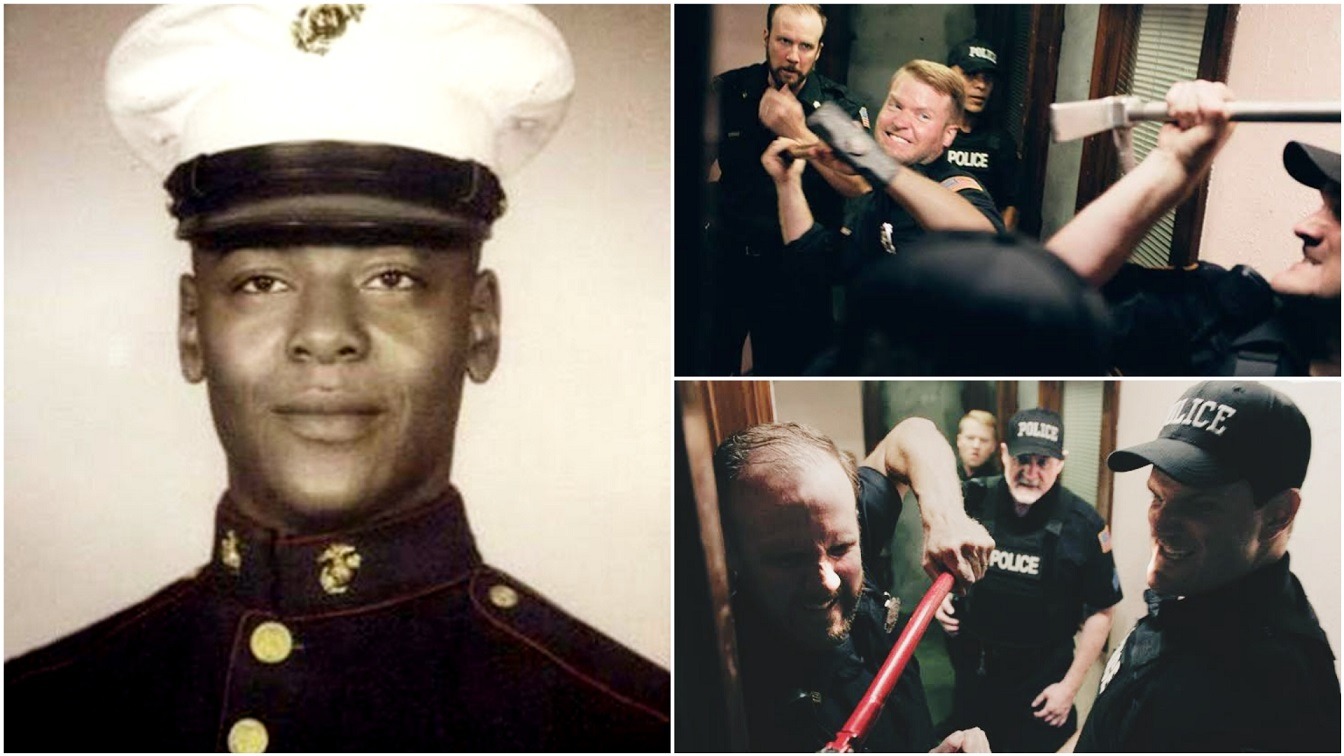Dr. Thomas Elkins, an inventor, abolitionist, and trained medical professional, was a key supporter of the Underground Railroad in Albany, New York, during the 1840s and 1850s. During the latter part of his life, he also made significant contributions to the development of refrigeration techniques and patented several inventions for other household furniture items.
Elkins, who was born in New York in 1818, studied surgery and dentistry, possibly with one of the founders of the Albany Medical College. Elkins went on to run a pharmacy in Albany for several decades, as well as provide dental services. Furthermore, he is identified as a “district physician” in the 1881 edition of The Albany Handbook, a position recognized by the city.
Elkins joined the Albany Vigilance Committee in the 1840s and served as its secretary during the 1850s. Vigilance committees were an important part of the Underground Railroad, providing food, legal aid, and medical care to those seeking freedom. Stephen Myers, the publisher of the Northern Star and the Freeman’s Advocate, among other publications, was a leader in Albany.
Elkins was the medical examiner for the famed 54th and 55th Massachusetts regiments during the Civil War. Elkins was appointed by Massachusetts’ abolitionist governor, John A. Andrew, to serve alongside a group of other African Americans from Albany who volunteered. Elkins traveled internationally after the war, including to Liberia.
Elkins successfully filed a series of patents beginning in the 1870s. On February 22, 1870, for example, he received approval for his invention (U.S. Patent number 100,020) of a table that could be used for dining, ironing, and as a quilting frame. On January 9, 1872, he also patented the design for an improved “chamber-commode” (U.S. Patent number 122,518). It was made up of several pieces of furniture, including a bureau, mirror, bookshelf, washstand, table, easy-chair, and earth-closet or chamber-stool.
Elkins’ work as a medical examiner may have inspired his next and most well-known invention, an apparatus for improving the refrigeration of “articles liable to decay,” such as “food, or human corpses.” The device, which was approved on November 4, 1879, consisted of a covered trough or container that was kept at a low temperature by the continuous circulation of chilled water or other cooling fluid through a series of metallic coils. Keeping recently deceased bodies cool was a major challenge in the nineteenth century, especially in cities, and Elkins’ invention was a significant improvement over other long-standing techniques. Elkins received a certificate of “highest merit” from the New York Agriculture Society for this idea in 1880.
Elkins was never married and never had children. He passed away on August 10, 1900, at the age of 82.
CITATION
Bellis, Mary. “Inventor Thomas Elkins.” ThoughtCo, Aug. 27, 2020, thoughtco.com/dr-thomas-elkins-4074330.
Mahoney, E. (2017, November 04). Thomas Elkins (1818-1900). BlackPast.org. https://www.blackpast.org/african-american-history/elkins-thomas-1818-1900/
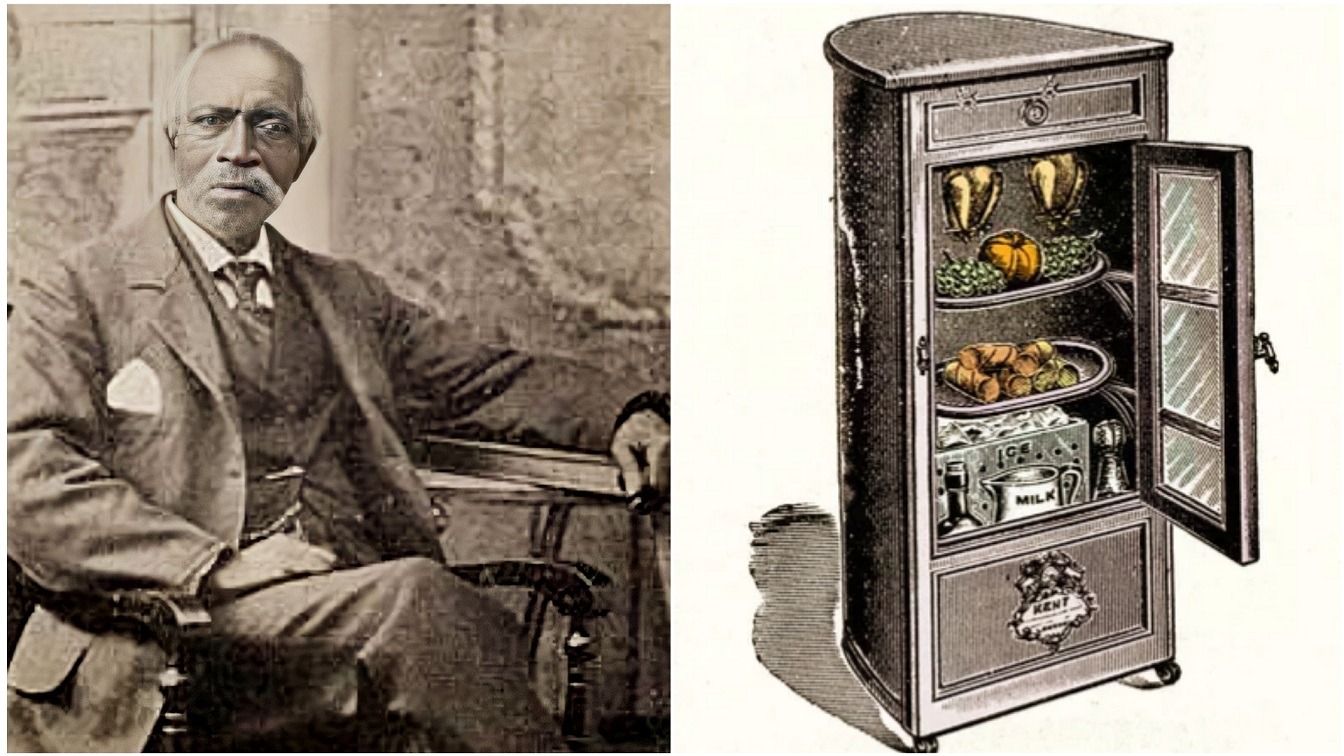
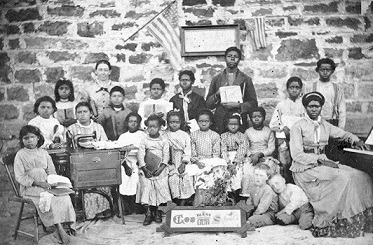
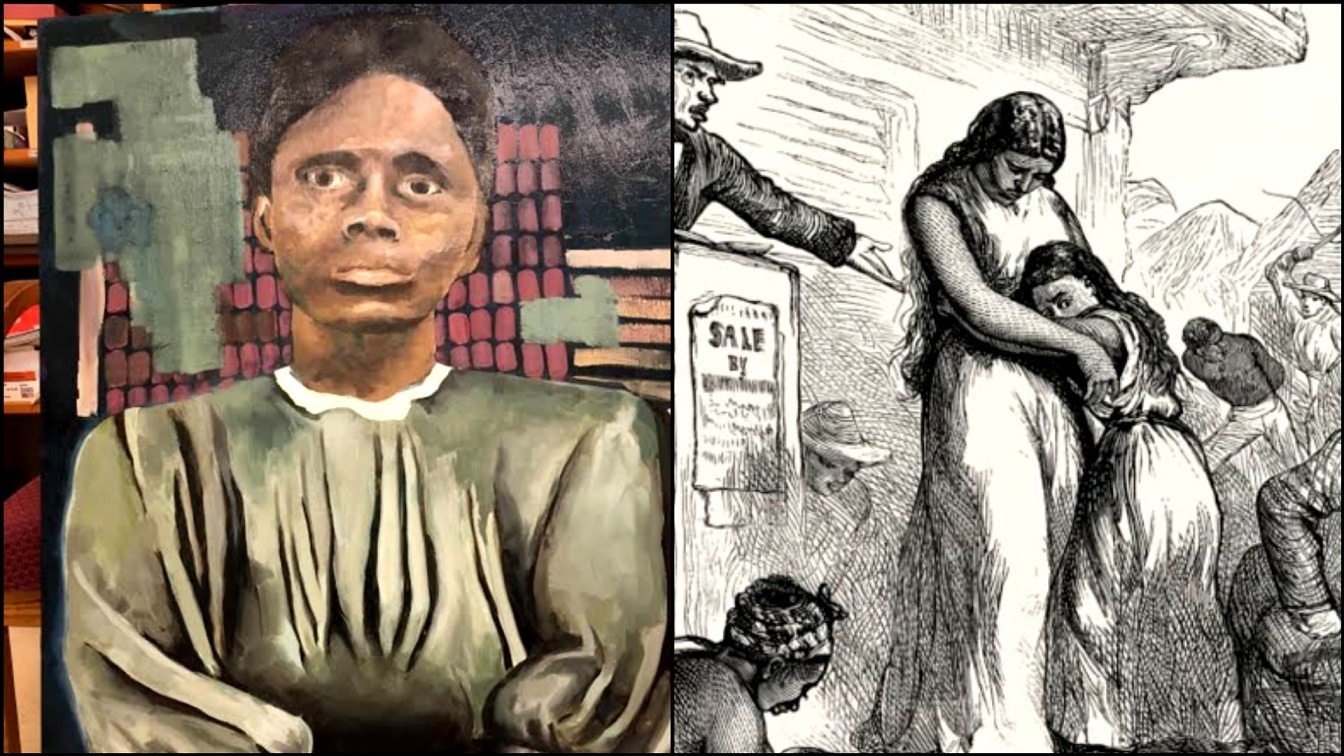
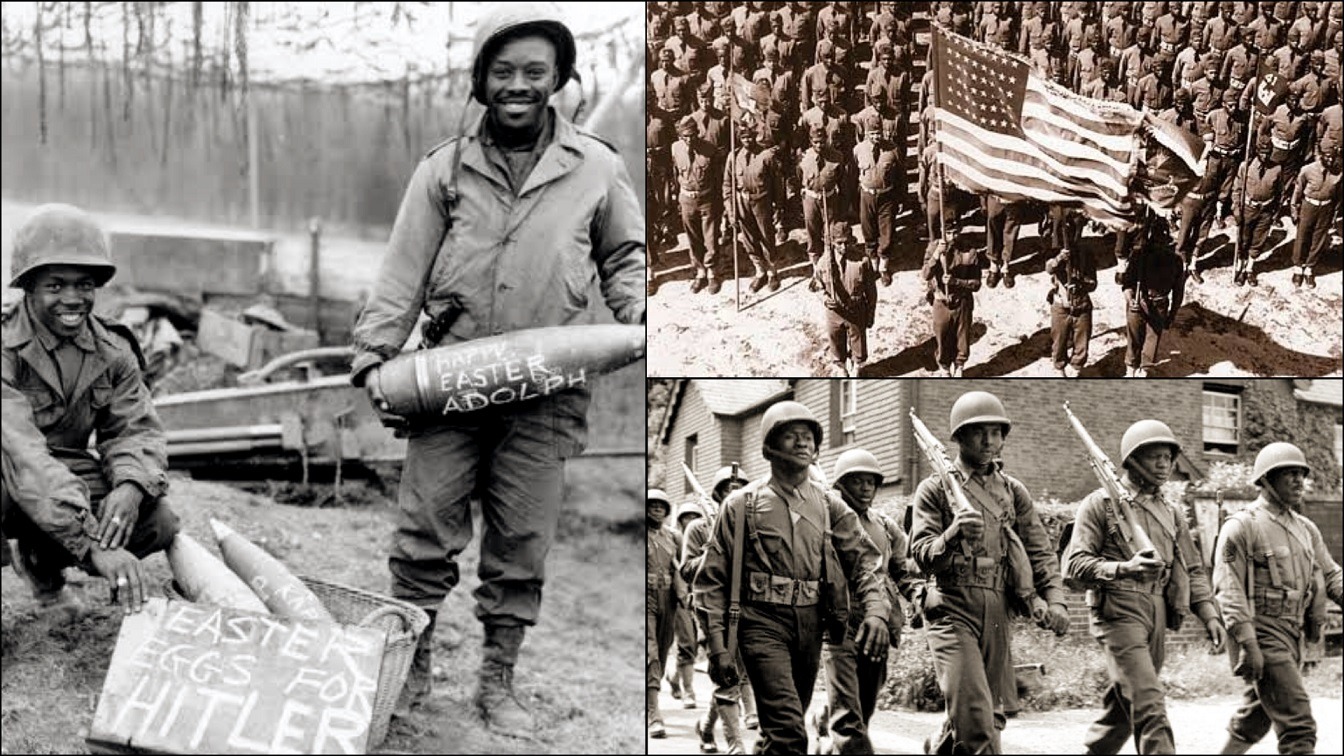
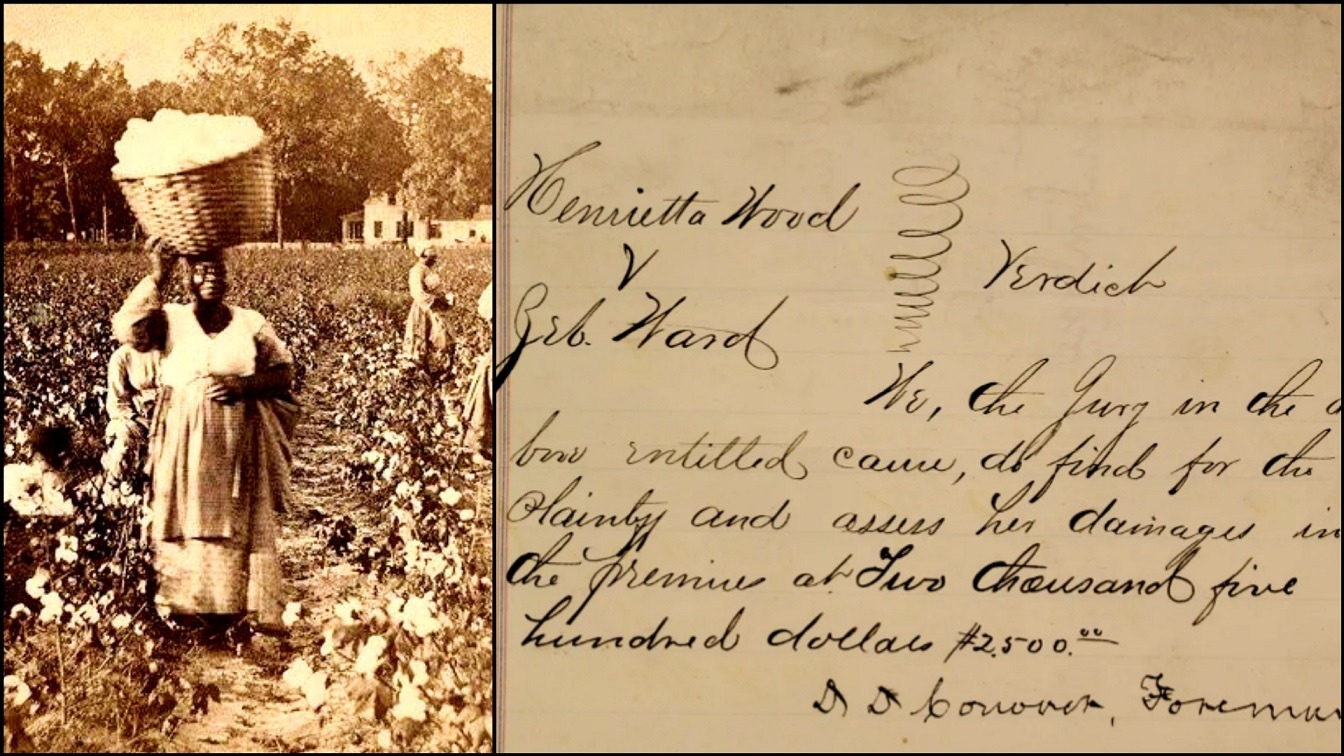
![Black Man Who Designed Washinton DC and Invented The Clock [Benjamin Banneker]](https://libertywritersafrica.com/wp-content/uploads/2022/01/Black-Man-Who-Designed-Washinton-DC-and-Invented-The-Clock-Benjamin-Banneker.jpg)
